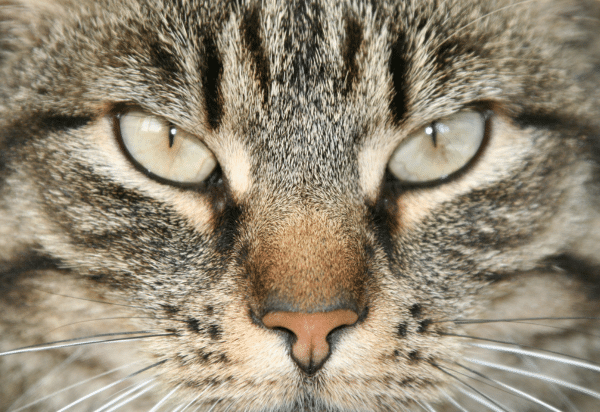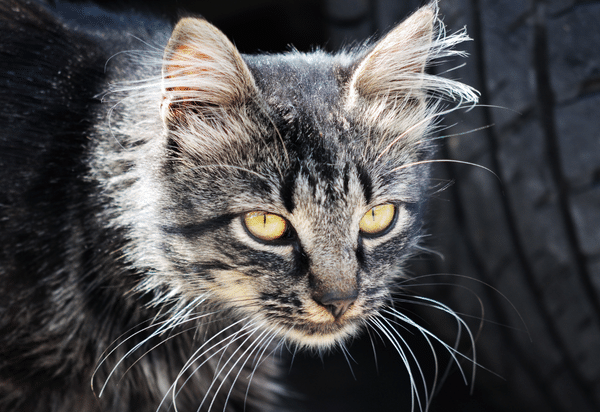Addison’s disease in dogs (hypoadrenocorticism) can be one of the most challenging diagnoses in small animal practice. Its vague clinical signs and fluctuating symptoms often lead to delayed or missed diagnosis. This free veterinary webinar explores the many faces of Addison’s disease, from the first subtle symptoms to effective long-term management strategies. Whether you’re new to diagnosing Addison’s or looking to refine your emergency approach, this session will build your confidence and clinical clarity.








